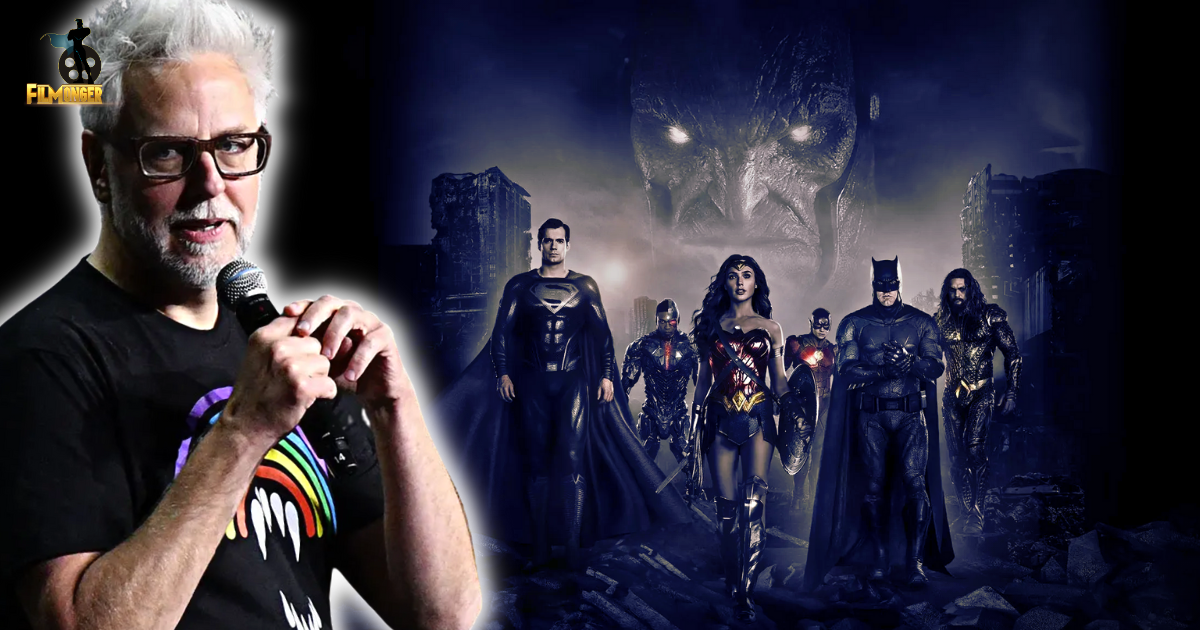With James Gunn at the helm of the DC Extended Universe (DCEU) reboot, there’s an opportunity to break away from the mistakes made during the SnyderVerse era. The DCEU is in need of a fresh start after a tumultuous last decade, and Gunn, along with DC Studios co-CEO Peter Safran, aims to distance the franchise from its Zack Snyder-led past. The first wave of DCU projects, collectively known as Chapter 1: Gods and Monsters, begins with Superman: Legacy in 2025. As we look ahead to the Gunn/Safran era and say goodbye to Snyder’s influence, here are the crucial mistakes from the SnyderVerse that should be avoided.
1. Rushed Approach to Storytelling
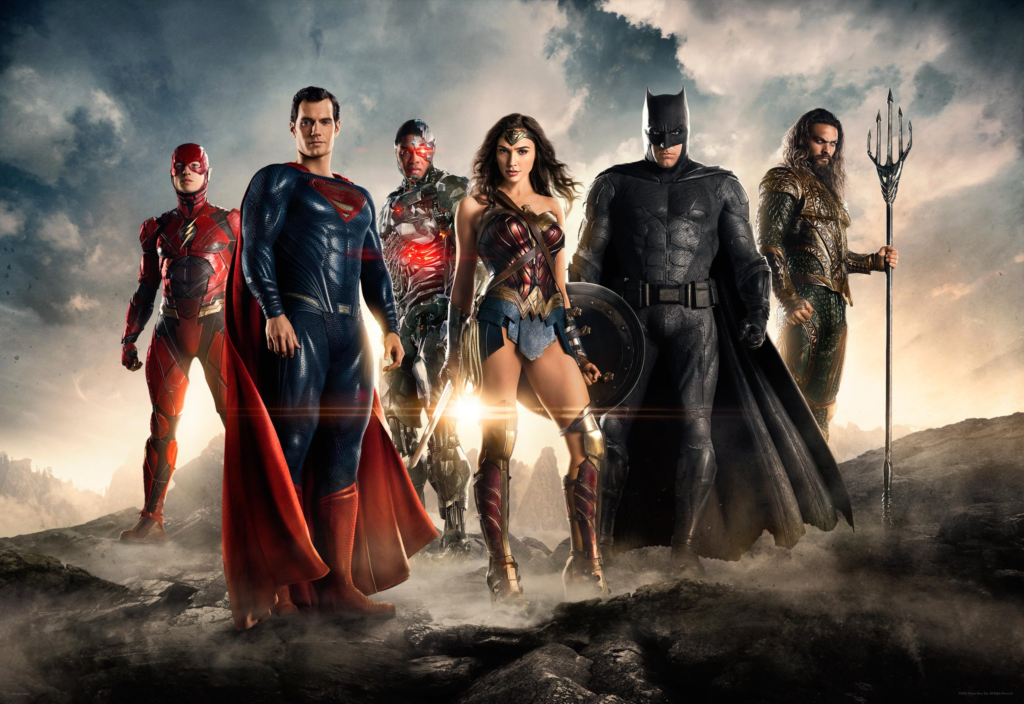
One of the glaring issues with the SnyderVerse was its rushed approach to storytelling. After Man of Steel laid the groundwork for the DCEU, Warner Bros. hastily attempted to catch up with the Marvel Cinematic Universe (MCU). This led to an overwhelming sense of worldbuilding, where the focus shifted from establishing a solid foundation to rushing towards an epic Justice League team-up.
James Gunn’s DC reboot should adopt a more measured approach. It should take its time to sow the seeds of a cohesive universe, avoiding the urge to race towards massive crossover events. The MCU’s success is built on careful planning and patient worldbuilding, exemplified by the decade-long journey that culminated in Avengers: Endgame. While DC fans eagerly anticipate epic events like Crisis on Infinite Earths on the big screen, there’s no need to hurry. Gunn and Safran should prioritize building a robust foundation before diving into ambitious crossovers.
2. Lack of a Concrete Plan
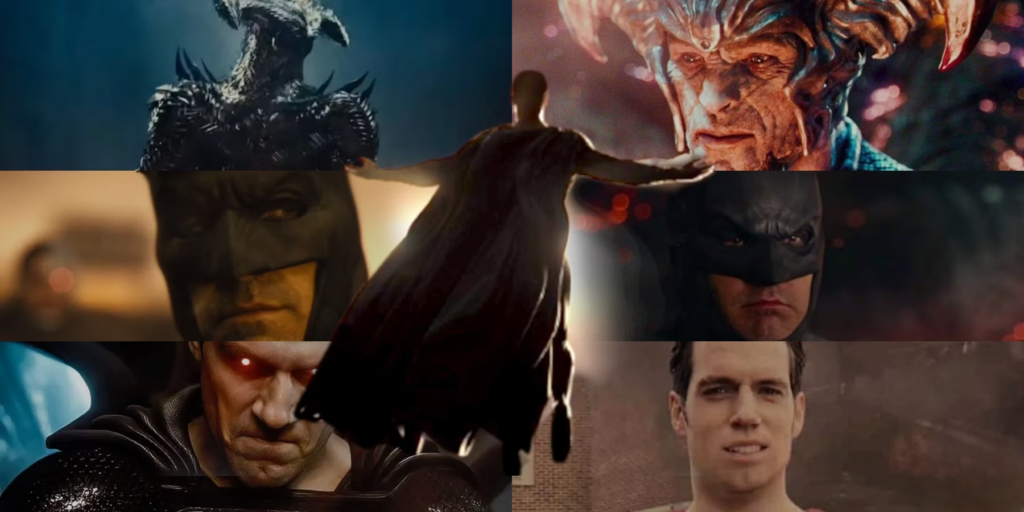
A cinematic universe thrives when there’s a clear and well-defined plan in place. Although the SnyderVerse may have had a vision under Zack Snyder’s leadership, it was quickly abandoned by Warner Bros. following the tumultuous production of Justice League.
In contrast, James Gunn appears to have a solid plan for the future of the DCU. Gunn’s vision involves acting as timeline keepers, ensuring a coherent narrative across projects. It is crucial for Warner Bros. to trust Gunn and Safran to execute this vision effectively.
With a slate of 10 projects and potential additions, Warner Bros. must ensure that announced projects become a reality. Gunn’s commitment to announcing projects only when they are likely to happen is a positive sign.
3. Not Embracing the Eccentricity of DC
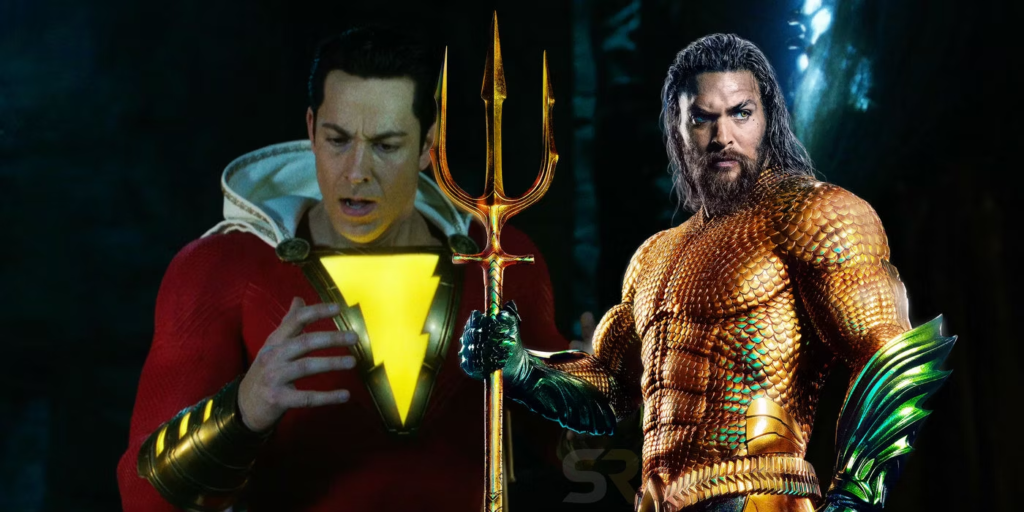
Unlike the Marvel Cinematic Universe, DC Comics is known for embracing the bizarre, fantastical, and mystical elements of its universe. While the DCEU touched on this with films like Aquaman and Shazam!, it never fully embraced the weird and fantastical nature of the DC universe.
James Gunn’s rebooted DC world should wholeheartedly embrace the eccentricities of DC lore. It should venture into cosmic, mythological, and mystical realms, expanding beyond the traditional Justice League heroes.
Gunn’s initial projects, ranging from street-level stories to intergalactic adventures with the Green Lantern Corps, signal his willingness to explore the full spectrum of the DC universe. Furthermore, Gunn’s inclusion of James Mangold’s Swamp Thing demonstrates a commitment to exploring the darker and occult aspects of DC mythology.
4. Restricting Creative Freedom for Directors
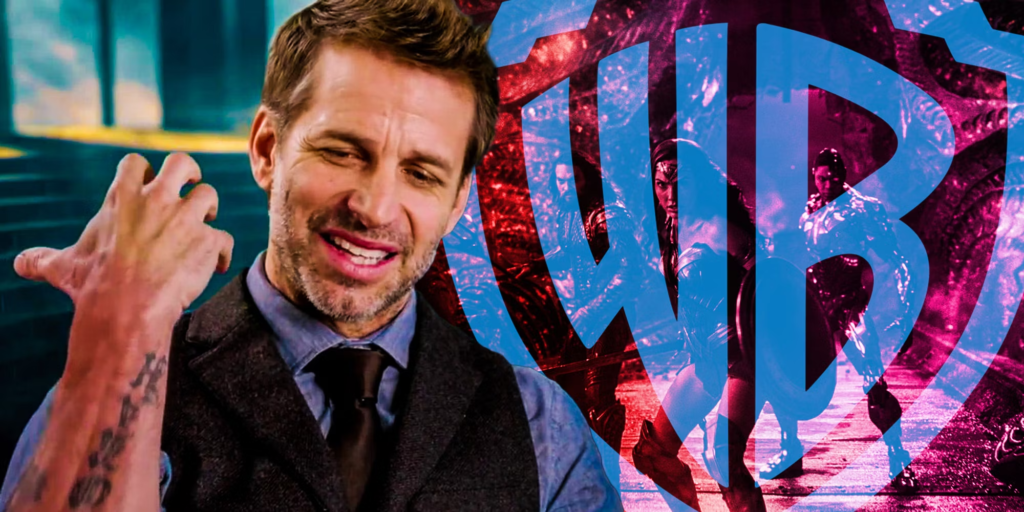
One of the recurrent criticisms of the SnyderVerse era was the interference of studio executives in the creative vision of directors. While the quality of these visions varied, Warner Bros. often intervened during production or post-production, resulting in films that deviated from the original intent.
In Gunn’s reboot, it is essential to empower directors by offering guidance and support while granting them creative freedom within the broader DCU framework. Creative freedom is essential to foster innovation and create genre-defining classics, as seen with The Dark Knight and Gunn’s own Guardians of the Galaxy.
Fortunately, Gunn’s prior experience working with major studios and established IPs positions him well to navigate this challenge and ensure directors have the freedom they need to excel.
5. Not Prioritizing Standalone Stories

A common pitfall in modern comic book filmmaking, exemplified by the SnyderVerse era, is the emphasis on universe-building at the expense of standalone storytelling. Some films became overly focused on setting up future events rather than delivering compelling standalone narratives.
James Gunn’s DC reboot appears poised to avoid this trap. His revealed inspirations for DC projects promise solid standalone stories that also contribute to the broader universe. The success of films like Shazam!, Wonder Woman, and Man of Steel stemmed from their ability to tell engaging stories independently.
Gunn’s emphasis on quality storytelling ensures that each project is a meaningful addition to the DCEU, rather than merely serving as a setup for future events. By prioritizing strong narratives, the Gunn/Safran DC reboot has the potential to revitalize the DCEU and provide audiences with a cinematic universe that stands on its own merits.
As the Gunn/Safran era of the DCEU begins with Superman: Legacy in 2025, fans can look forward to a fresh and exciting chapter in the DC cinematic universe—one that learns from past mistakes and charts a new course for the future.
